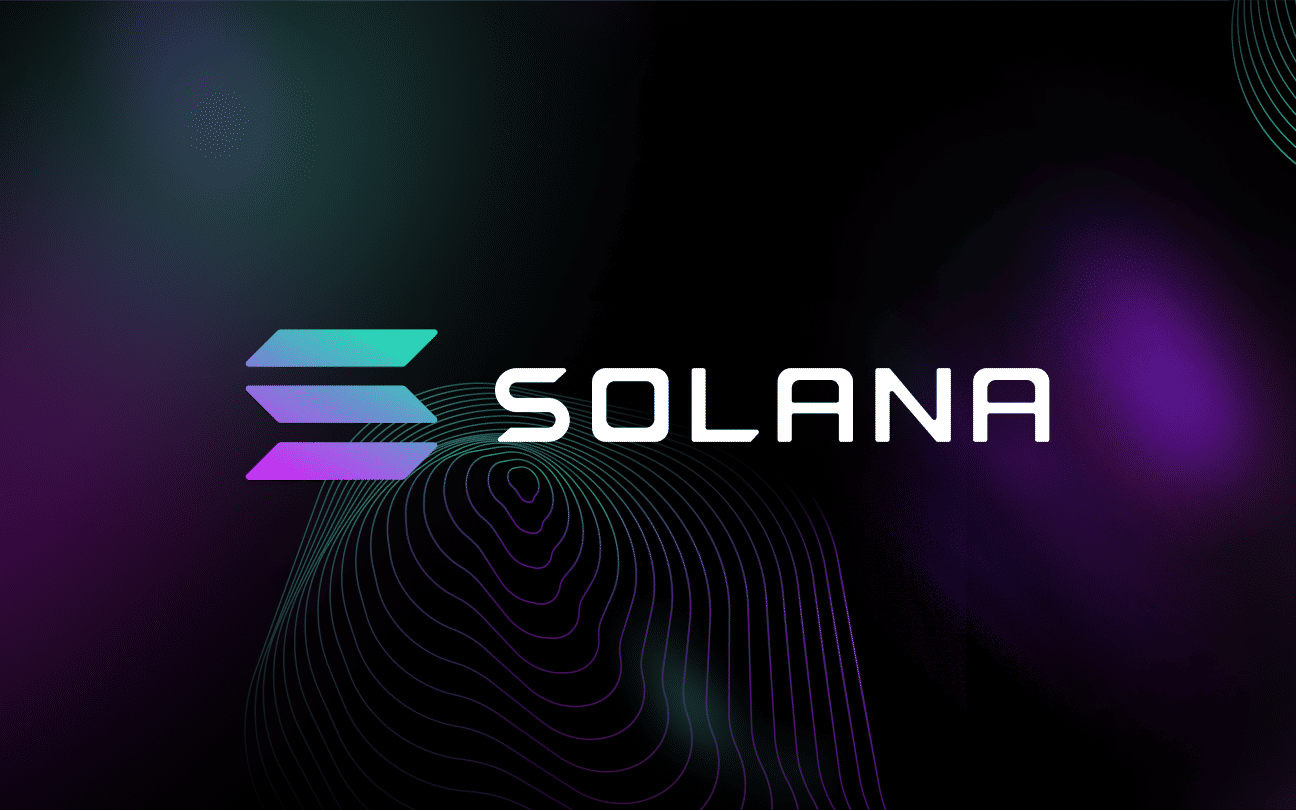- According to Alkesh Shah, Solana boasts a high throughput and low transactions costs.
- Shah believes Solana has notable perks despite sacrificing decentralization for scalability.
- Shah predicts that Solana’s scalability might see it topple Ethereum in sectors like DeFi.
Alkesh Shah, the Global Crypto and Digital Asset Strategist at the Bank of America, believes Solana could become the Visa of the crypto ecosystem. He made this prediction in a January 11 research note, saying the network’s differentiated design might see it take a significant portion of Ethereum’s market share.
According to Shah, Solana can process high transaction volumes at a low cost. On top of this, the network is user-friendly. These features help optimize the blockchain for consumer use cases like micropayments, decentralized finance (DeFi), non-fungible tokens (NFTs), decentralized networks, and web3 gaming.
On the other hand, Shah claims Ethereum prioritizes decentralization and security at the expense of scalability. He added that the lack of scalability subjects the network to congestion, which sees users pay transaction fees that are at times higher than the value of the underlying transaction.
To this end, Shah predicts that Solana could edge Ethereum out of applications like micropayments, DeFi, and NFTs, relegating the network to use cases like high-value transactions, identity, storage, and supply chains.
Solana sacrifices decentralization at the expense of scalability
Shah admitted that Solana prioritizes scalability at the expense of a relatively less decentralized and secure blockchain. However, he believes the perks of using the Solana network outweigh the drawbacks by a significant margin.
By leveraging a Proof-of-History blockchain, Solana improves the performance of its Proof-of-Stake consensus mechanism. These innovations enable the network to process an industry-leading theoretical throughput of 65,000 transactions per second (TPS). The average transaction fee on Solana is $0.00025 (£0.00018).
In comparison, Visa processes 1,700 transactions per second, with a theoretical capability of 24,000 TPS. On the other hand, Ethereum handles 12 transactions per second at the moment, and the average transaction fee on the network is $6.493 (£4.73).
Solana’s growth rate is faster than Ethereum’s
This news comes after early-stage crypto investment firm Electric Capital found that Solana, among other layer-1 protocols, is expanding faster than Ethereum after comparing data at similar growth stages. According to the company, Solana has managed to onboard more developers than Ethereum at a similar point in its journey.
Notably, the Solana network launched in 2020, and its native token Solana (SOL) has since grown into the fifth-largest cryptocurrency with a market cap of $47.30 billion (£34.43 billion). In comparison, Ethereum (ETH) has a market cap of $400.00 billion (£291.11) despite being around since 2015.
At the time of writing, SOL is trading at $152.39 (£110.85) after gaining 7.23% over the past 24 hours. On the other hand, ETH is changing hands at $3,368.14 (£2,450.49) after a 3.28% uptick in the day.












